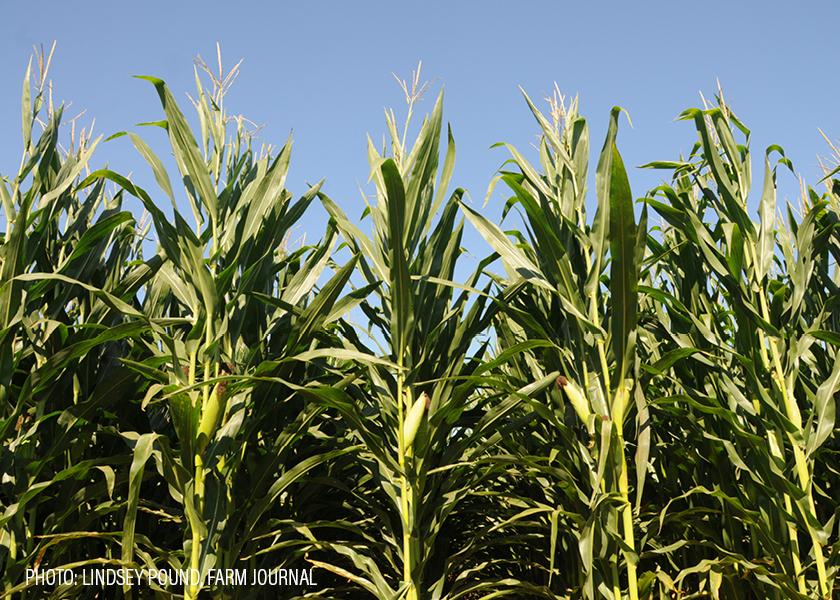What You Need to Know About Vilsack's GMO Corn Conversation in Mexico

USDA Secretary Tom Vilsack traveled to Mexico on Monday to meet with Mexican President Andres Manuel López Obrador to discuss genetically modified corn.
Vilsack said the meetings provided “a venue to raise the United States government’s and our producers’ deep concerns around Mexican President Andres Manuel López Obrador's 2020 decree to phase out the use and importation of biotech corn and other biotechnology products by January 2024."
The president’s phase-out decree has the potential to substantially disrupt trade and harm farmers on both sides of the border, according to Vilsack. He urged Mexico to "find a way forward" and said that if Mexico's plans went unchanged, the U.S. government would be forced to consider all options, including taking formal steps to enforce our legal rights under the U.S.-Mexico-Canada Agreement (USMCA).
“This is a critically important issue for U.S. farmers, who are rightfully and deeply concerned about the decree,” Vilsack added. “The decree would also have significant impact on the U.S. trade relationship, which hit a record value of more than $63 billion in two-way trade in 2021 and is expected to be even higher in 2022. USDA and the wider U.S. government have consistently and proactively pursued cooperation and consultation with Mexico to resolve this issue and time is now running short.”
Today, I met with Mexican President López Obrador to discuss the U.S.- Mexico bilateral trade relationship and its importance for U.S. farmers, ranchers and producers. My full statement: pic.twitter.com/AYP8Ji4QNK — Secretary Tom Vilsack (@SecVilsack) November 29, 2022
Vilsack said “some progress was made. For example, President López Obrador reaffirmed the importance of yellow corn imports for Mexico’s food security. He also discussed a potential process in which we can exchange information and engage in dialogue assuring the safety of biotechnology products."
According to Vilsack, the agency expects a proposal from the president's team soon. He says regardless if a proposal is made now or later, he will "continue to engage" with Mexico on the issue.
More on Mexico's GMO corn ban:
Mexico to Proceed with GMO Corn Ban
USMCA Disputes Run Ramped Again, This Time with Mexico







